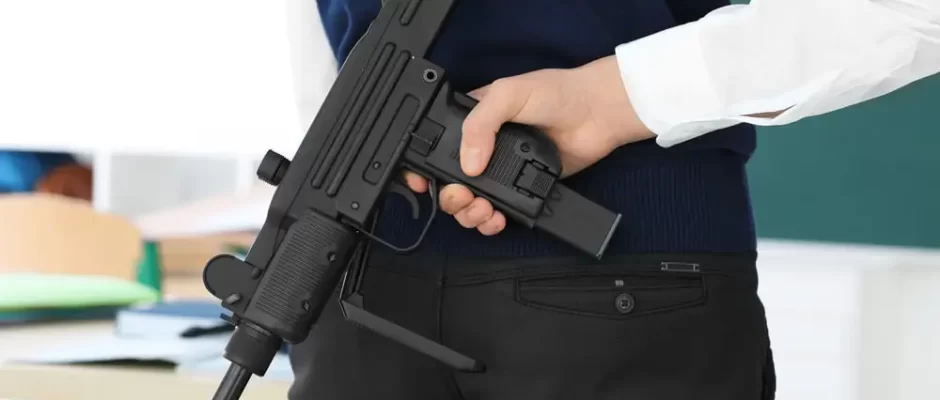Can Better Mental Health Care Really Stop School Shootings?

After every tragic school shooting the national conversation turns toward gun control and better mental health treatment. It’s an encouraging sign that lawmakers and policymakers want to increase the focus on mental health treatment, but is there really any evidence that better mental health care is the solution to school shootings?
Can We Predict School Shooters Based on Mental Illness?
With sensationalist headlines and social media outcry, it might appear that mental health issues are a significant cause of school shootings. While there is some correlation between mental illness and mass shootings, most school shooters don’t have a mental health diagnosis at the time of their violent acts. Loneliness is not a psychiatric condition. Rage is not a diagnosable mental illness. These are common characteristics of mass shooters. Other common characteristics include fascinations with firearms, drug and alcohol use, and difficult childhoods. Many students who are not shooters have these same characteristics. These may not act as red flags pointing to a treatable condition. It is also difficult to predict who will become a mass shooter even if all of these factors are taken into account. So what indicators do you use to pick a student out of a crowd and force them into treatment?
Associating mental illness with mass shootings increases the stigma against those with mental health issues. Looking at those with psychiatric conditions as potentially violent is misplaced. Mental illness is statistically a poor predictor of violent behavior. Individuals with psychiatric conditions are much more likely to be crime victims and not crime perpetrators.
Will Increased Treatment Help?
Focusing mental health treatment on an effort to predict school shooters misses the bigger picture. Many students suffer from difficulties and concerning behaviors, therefore better mental health treatment is clearly needed. This treatment should be used as a tool to protect at-risk students from harming themselves rather than as a way to identify and handle possible school shooters. Identifying students in crisis and offering them help may prevent future violent behavior but it should not be relied upon as a guarantee that school shooters will be stopped.
If you or a loved one has a mental disability and has been arrested or convicted of a crime, you need an experienced criminal defense attorney on your side. Elizabeth Kelley specializes in representing individuals with mental disabilities. To schedule a consultation call (509) 991-7058.


